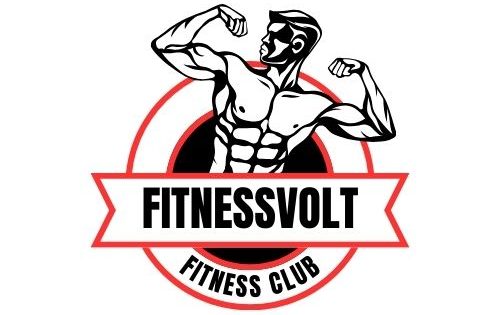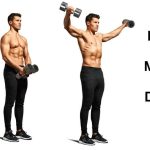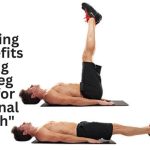This utterly classic abs exercise has been a go-to for decades. The stomach vacuum is a classic exercise that directly works the abdominals and is commonly used to strengthen the core, also referred to as the waist or torso, and one very important muscle group for posture improvement and optimal health. In this post, we go over the pros and cons of sit-ups, ways to do them correctly, and look at other exercises you can try to enhance this classic move.
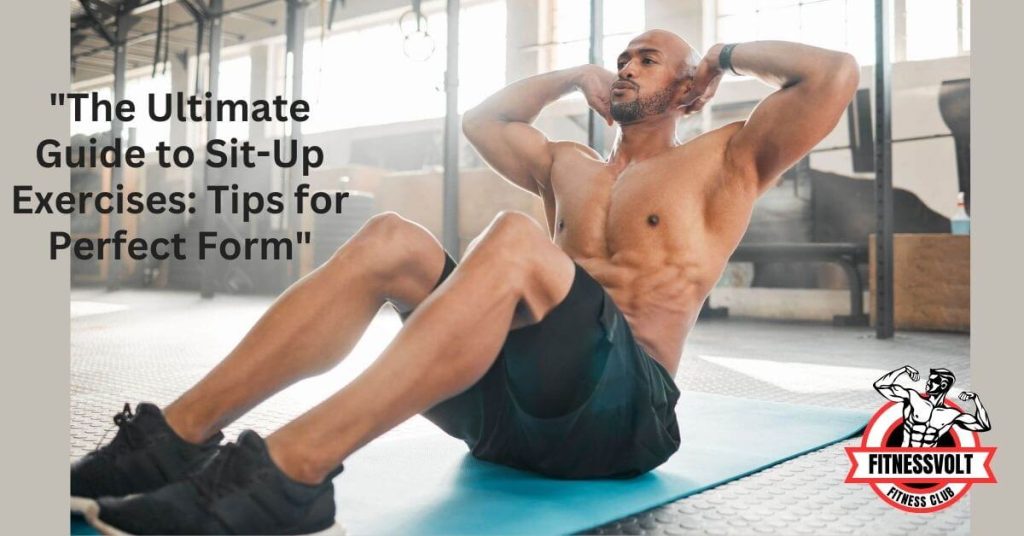
Benefits of Sit-Ups
Core Strengthening
Among them, sit-ups work on the rectus abdominis muscle or the muscles popularly known as six-packs. It is important because the core stability of the body also improves after these muscles are strong: It is good for balancing our physical health life as well.
Improved Posture
A strong core supports the spine which can allow your body to sit/stand naturally flat. ClassicsAs simple as they may be, regular sit-ups can be enough to help with proper posture and diminish back pain by reminding you to maintain a straight line.
Enhanced Athletic Performance
A tight core benefits just about every movement you do, whether that involves running or lifting. This will help you perform better in a lot of different sports and exercises which can be done by including sit-ups in your regular workout.
Increased Flexibility
As an added benefit, sit-ups help to improve the flexibility of the hip flexors and lower back, which also helps improve general movement efficiency.
Convenience and Accessibility
Performing sit-ups does not require a ton of equipment, so that is a big advantage. They can be done just about anywhere, which makes them a great choice for people who like to exercise at home or on the go.
Proper Technique for Performing Sit-Ups
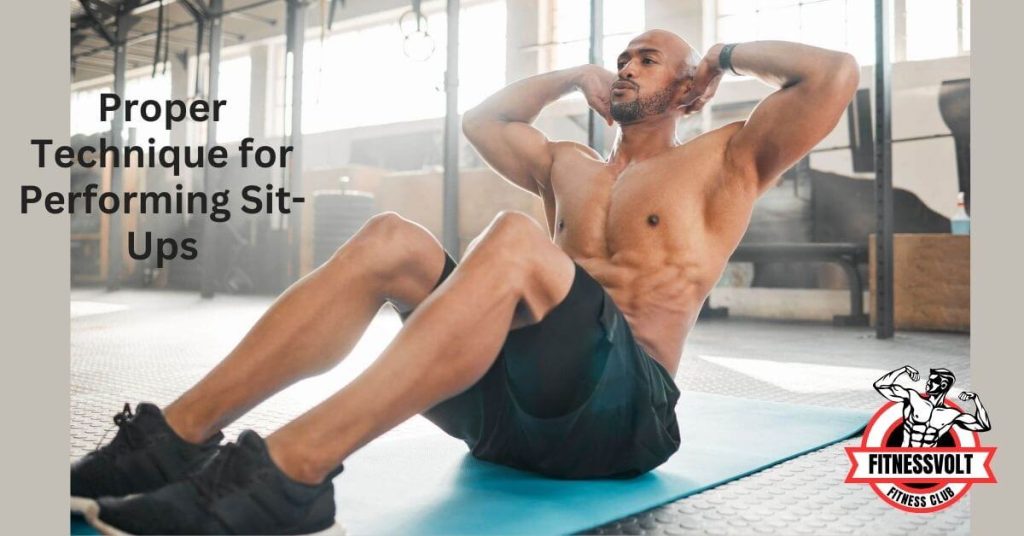
Proper form is crucial to seeing effective results in sit-ups and helps avoid injury. Here is a step-by-step guide:
Starting Position
Maintain a feet-flat position for both legs while placing them flat on the floor and lying down on your back, keeping the body flat. Cross your hands behind the head or rest them over across the chest. Ensure your lower back is flattened on the floor.
Engage Your Core
Perform the above simple movement and tighten your abdominal muscles ready to go! Pull your abs and lower back in without pulling the front of your ribs toward the ground.
Lift Your Upper Body
Without arching your lower back, raise yourself up towards your knees by using your abs. Relax your head, neck, and shoulders, and do not pull on your grounded knee using the support of your hands.
Lower Your Body
Lower your upper body back slowly and control to the starting position, engage with the core.
Breathing
Exhale on your way up and inhale on the way down. The rhythm is maintained and dizziness is prevented by proper breathing.
Repetitions and Sets
Shoot for 10-15 reps of each and 2–3 sets based on your fitness level. Gradually add sets or reps as you get stronger.
Common Mistakes to Avoid
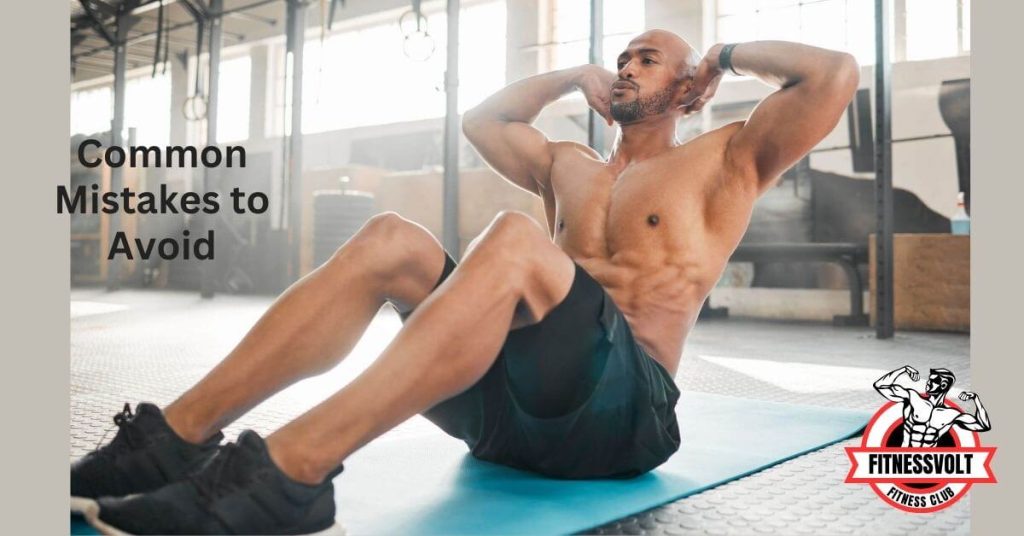
Pulling on the Neck
Pulling on your neck with your hands can strain it and make the exercise less effective. Lean your hands back with the head softly supported or across your chest.
Arching the Back
Keep your lower back on the floor for the duration of each movement to prevent stress in your spine.
Using Momentum
Avoid using momentum or rotation of your body to complete the movement. This is so you can trade momentum for an isolated contraction and squeeze your abs much more thoroughly.
Not Engaging the Core
When you lift and your core is not tight, then that means the weights can pull you around/your body could swing losing its form — this reduces the effectivity of the exercise. Squeeze your abs each time you start the sit-up. On every rep always keep your hold tight.
Alternative Exercises
Luckily, sit-ups are only part of a well-rounded strength training routine; different exercises do in fact target slightly different muscles within the same basic muscle groups (glutes or chest) without being as boring! Consider including:
Planks
STATIC (isometric contraction) exercise targets the whole core such as the obliques and lower back.
Leg Raises
Focuses on lower abs and working hip flexors to be more flexible.
Russian Twists
Primarily targets the obliques, rotation is added to your core routine.
Conclusion
The sit-up is one of those fundamental exercises that strengthen your core to improve posture and overall fitness. Now, with the correct approach and supplementary exercises, you can have a well-rounded workout plan that works. Always start Slow and emphasis more on form gradually, increasing intensity for a strong core.
